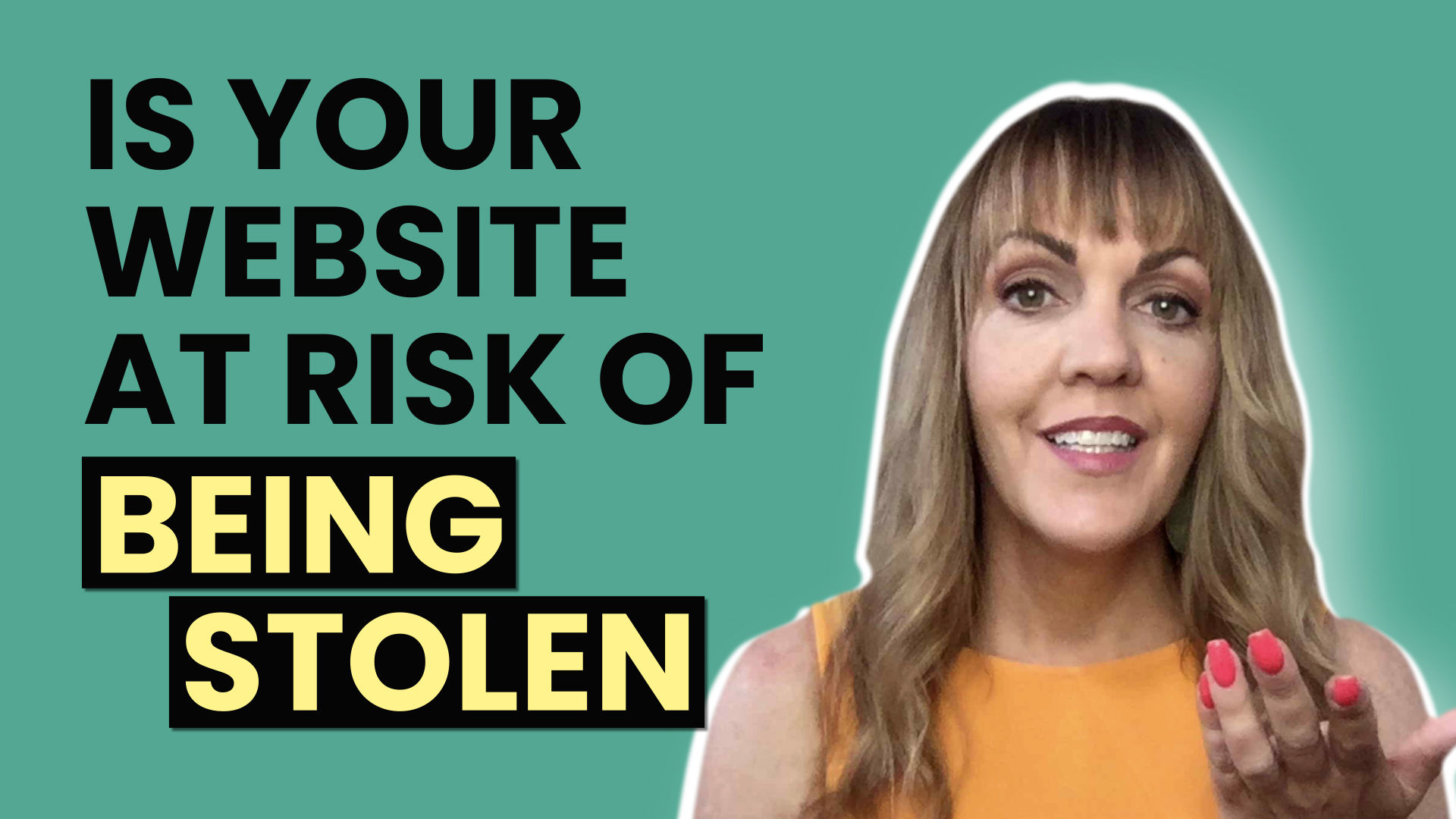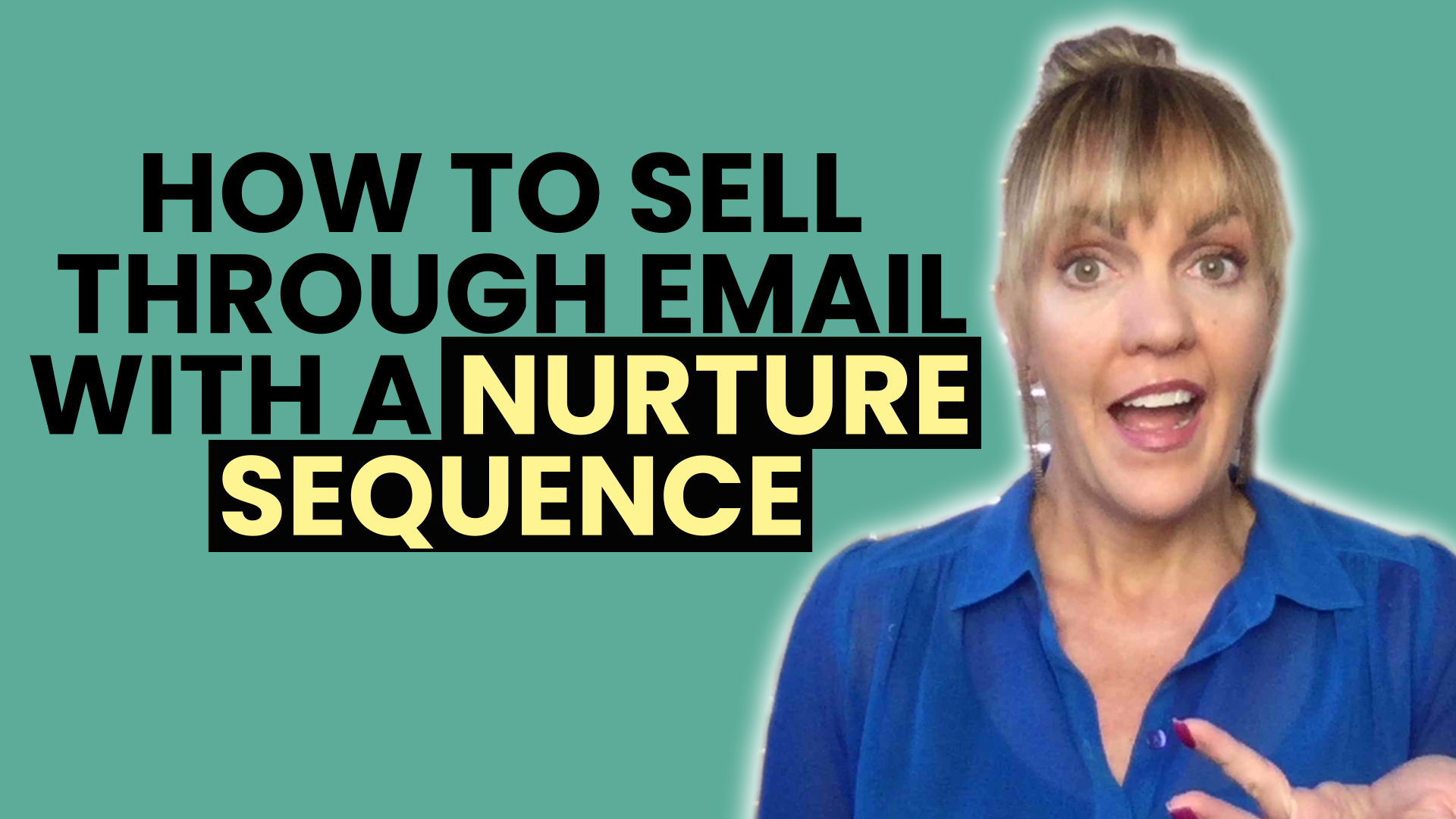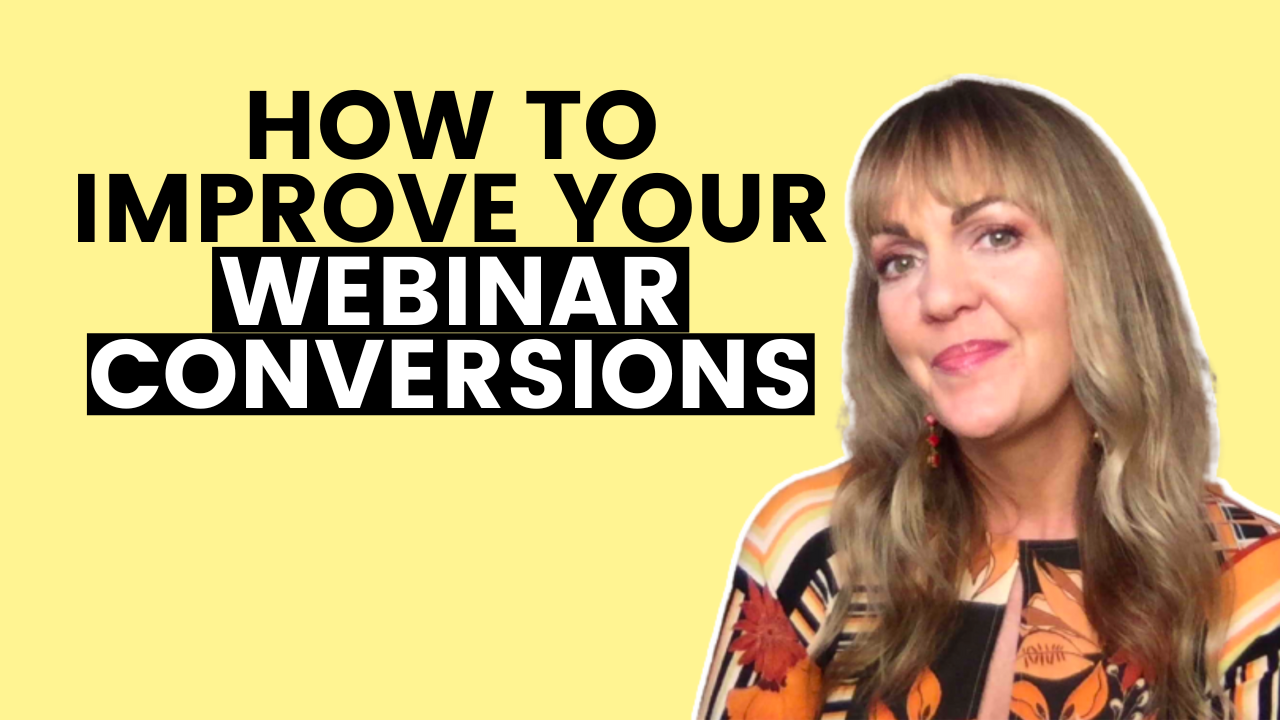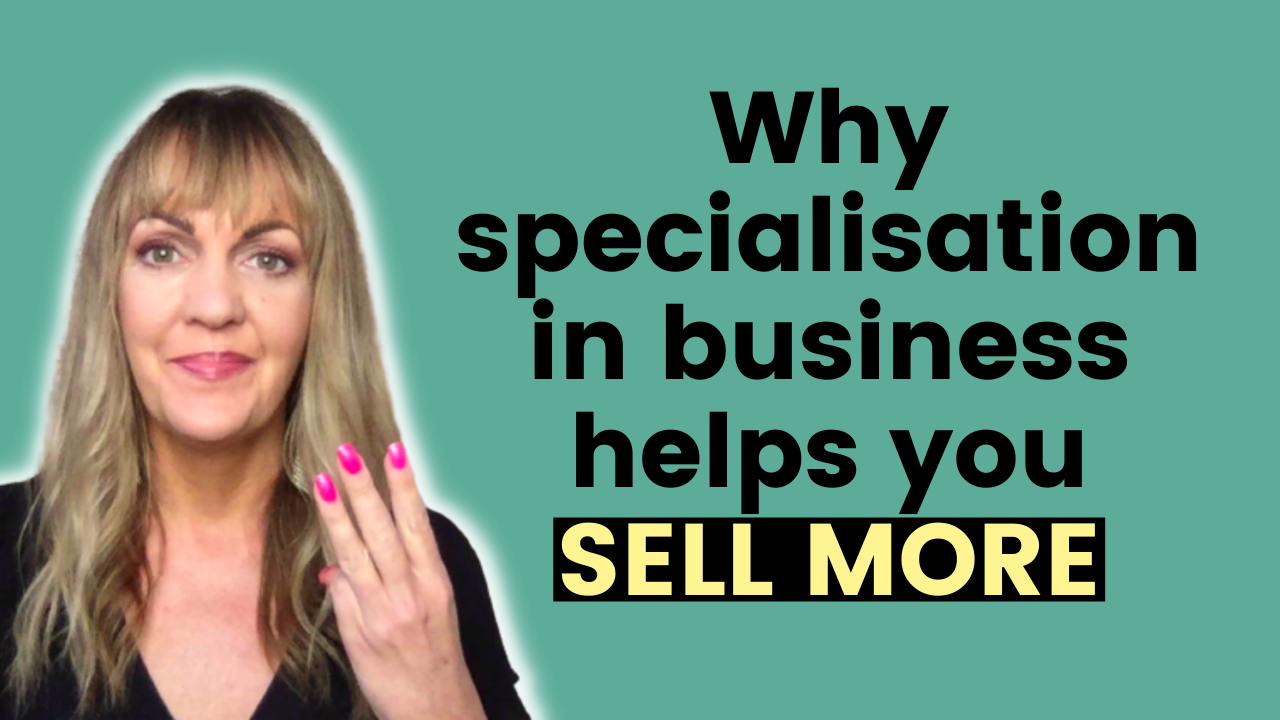Episode 98 Transcript
Heather (00:02.778)
Welcome guys to episode 98. Now the other day I was having a little chat with one of my sort of, I'll call it a mastermind. You've heard me talk about these masterminds for like the whole, since this podcast has started. I have a few, you know, I'm in one that's for digital marketing agencies. Um, and then I have a little side one that I have with a couple of digital marketing agency owners in the States, couple of sort of, I call them my friends as well. That's kind of a side thing. So we talk personal as well as professional.
Uh, now with these two amazing ladies, once in Canada, once in the States, and then of course, I'm in Sydney, Australia. We catch up once a month and our last call, it was a really interesting session. And I wanted to talk to you about conversation we had with one of the women in the chat. Uh, cause she's, she was reaching out to us for advice and I just thought it could be timely for you guys as well. And it's the topic of hiring and firing specifically in this case, firing. So.
Have you ever heard of the saying, you know, be quick to fire, slow to hire? I think there's a lot in that, although I know it's freaking challenging to do that for most of us, because we're kind of the opposite. If we think about it, right. We are quick to hire because we're desperate for support if we're growing our business and sometimes don't do the due diligence or, you know, the number of interviews we should be doing or testing, getting test projects happening and all that sort of stuff.
And then it's harder to fire, especially if you are connected to the person and you feel bad, like many people do. So quickie quick to fire. Yeah, that didn't happen with my friend. So, um, we had a call like a whole month past between our calls and the same situation was still happening. So this individual was working in her agency and what started happening is that he.
came from sort of a rules -based background. So he really, really only could work under like rules, basically tick the boxes and the checklist. And he didn't really want to or have the, I guess, the strength or talent at this point in his life to think strategically or sort of think for himself or think ahead. And not saying that's good or bad, we all have our different strengths for sure and our weaknesses, but his was...
Heather (02:28.954)
Just give me a checklist and let me follow it. Now, unfortunately, unfortunately, I guess, unfortunately really in the digital agency world. Yes, there's a lot of processes that you follow for sure, but there's also thinking required and, and strategy and being proactive about a lot. So he was coming in to do the calendar, how manage the project management system, just make sure that everything was looked after, nothing fell through the cracks and.
More and more things started falling through the cracks. Incredibly so, where there was duplicate appointments being made, wrong Zoom links sent out to clients, all that sort of stuff. So my friend, she was so stressed out and she's so sweet and she's like, Oh, I just don't, you know, I just don't know what to do. And he's such a nice guy. And in our first call together, I said to her, look, I said, maybe he's just the wrong person for the role. Maybe that's all it is. Like literally, maybe that that's it.
because you need somebody that has these strengths and maybe that's honest to God, just not who he is. And she's like, yeah, but I just feel like we can train him and, you know, make it happen. And she's like, so I'm gonna set myself a goal until the next time we speak that I'm gonna improve my training and my systems and procedures and my sort of quote unquote checklist. And I said, great, okay, well, we'll come back together and tell me how it went. So I said, how did it go? And she goes, I have to let him go.
I said, Oh, what's happened to you know, the last month. And she said, look, I use it as a month to literally go through my, my SOPs, my procedures, my checklist of how we run our business. And even with that, like to the point where it's so clearly spelled out. And I, you know, she said to give him some projects just literally where you don't actually have to think, cause I was trying to think, you know, maybe I can put him into these other areas of the business.
She said, but literally I had, you know, loom videos or videos showing, sharing the screen and walking through that. I had checklists. I had like tick the box after you've done this. And then the next box, she said, then even when that happened, I sat him down and I said, even with the revised systems, um, I see that you checked this off, but yet it wasn't done. What happened? You know? And he would say, I could have sworn I done. I, you know, I did it, but so she tried everything.
Heather (04:49.21)
everything and this was a real problem for them for at least three months when it started happening and she was so stressed out and she just got to this point where she's like I'm having to double work not only am I paying him a salary but I'm then having to check all his work and that's just making me so stressed out. So she let him go the day after our call and I said to her you know how did it go and she says really hard and he was really angry and but I feel so much lighter.
And she gave him severance. I mean, she couldn't have treated him better, but she came back to the comment that I said to her on the call that we did a month ago. And that was, you know, I thought a lot about what you said, Heather. And that was maybe he's just the wrong person for the role. Like legitimately his strengths, his talents don't align with what we have. And she said, I know, you know, right now it's hard, but in the long run, I know it's going to be way better for him as well.
Cause he must've been miserable. He never felt like he could do anything right. And you know, no matter what we gave him, he, we were cross checking and cross questioning what he was doing. And so it was just a really interesting conversation that I wanted to bring to you guys as well, because as we're all growing our businesses, you know, you, you're bringing on team, whether that's a freelancer, you're outsourcing, you're bringing on a casual part -time, full -time employee, whatever that looks like.
you're bringing these people into your team to support the growth of your business and to work either internally with yourselves, meaning you and or your executive or management team, or externally with your clients. And not everyone is suited to the role that you're going to bring on. And it's okay. It's okay. And it's going to be okay for them as well in the long run, helping them to find something better for their strengths is going to be amazing.
So if you are struggling with somebody on your team right now and you're just trying to work out what to do, be okay with knowing maybe they're just not the right person for the role. And like my friend desperately trying to update all her systems and procedures and make them even more foolproof. Great. That was a good side effect of what she was doing, but ultimately in the end, even that wasn't going to help. So hopefully wherever you are in this journey of working with team, that just gets you thinking, you know,
Heather (07:12.058)
It's okay. It's okay to let people go move them around. You know, it's harder to and more detrimental and maybe harder on the rest of your team to see someone that's not supporting you as best as they could. So hiring firing you guys over to you. Um, hopefully that's what you think about and hope you're doing really well and you are working smarter this week and you're taking care of yourself. And I'm really excited because we're almost at.
Our year anniversary of this show you guys. There's so many cool things in store. Make sure you tune into episode 100 because I'm gonna share something special with you guys. So that's coming up shortly and I'll talk to you in that episode in the next week or so. Talk soon. Bye guys.





